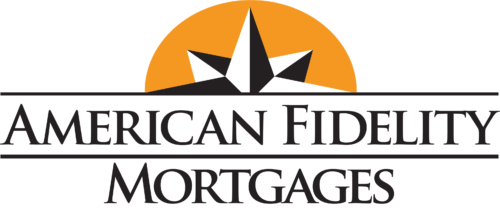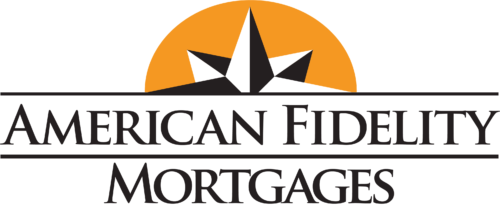Investing in real estate can be a great way to build wealth, but it often requires special financing through investment property loans. These loans are used to buy or refinance properties that aren’t your primary home. Unlike regular home loans, investment property loans have different requirements and terms. This guide explains what investment property loans are, how to qualify, the types available, and tips for getting the best deal.
What Are Investment Property Loans?
Investment property loans are mortgages used to buy or refinance properties meant to generate rental income or increase in value. These properties can be single-family rental homes, multi-family units, commercial buildings, or vacation rentals. The main difference from regular home loans is that the borrower does not live in these properties. Instead, they are rented out or used for income.
Key Criteria for Investment Property Loans
Credit Score: A good credit score is important for getting an investment property loan. Lenders usually require a higher score than for a primary home. A minimum score of around 620 is often needed, but a score above 740 is better and can help you get better terms. A high score shows lenders you are a reliable borrower.
Down Payment: Investment property loans usually require a larger down payment than loans for primary homes. While primary home loans may need 3% to 5% down, investment property loans often require 15% to 25% of the purchase price. A larger down payment lowers the lender’s risk and can help you avoid Private Mortgage Insurance (PMI).
Income and Employment: Lenders want to make sure you have a stable income to cover the mortgage, especially since rental income can be unpredictable. A steady job history of at least two years is ideal. Lenders will check your pay stubs, W-2 forms, and tax returns. If you’re self-employed, you’ll need to provide profit and loss statements and tax returns.
Debt-to-Income Ratio: This ratio compares your monthly debt payments to your income. Most lenders prefer a ratio of 43% or lower. Keeping this ratio low can increase your chances of getting a loan and better rates.
Assets and Savings: Having enough savings is important. Lenders will look at your savings to ensure you can cover the down payment, closing costs, and have extra funds for unexpected expenses. This includes savings accounts, retirement accounts, and other investments.
Types of Investment Property Loans
Conventional Loans: These loans are not backed by the government and follow guidelines from Fannie Mae and Freddie Mac. They usually need a higher credit score and down payment but offer competitive rates. They are a good choice for borrowers with a strong financial profile.
FHA Loans: Backed by the Federal Housing Administration, FHA loans are easier to qualify for with lower credit score requirements and smaller down payments. However, they are generally for primary residences or multi-family properties where the borrower lives in one unit.
VA Loans: These loans are backed by the U.S. Department of Veterans Affairs and offer benefits like no down payment and good rates. However, they are mostly for primary residences and may not be used for investment properties, with some exceptions for veterans living in one unit of a multi-family property.
Portfolio Loans: Offered by banks that keep the loan in their own portfolios, these loans can have more flexible terms and might be easier to get if you have unique financial situations. They are suitable for investors who don’t meet conventional loan requirements.
Tips for Securing an Investment Property Loan
Boost Your Credit Score: Improve your credit score by paying bills on time, reducing debt, and avoiding new credit inquiries. Keep credit card balances below 30% of your limit and regularly check your credit report for errors.
Save for a Larger Down Payment: A larger down payment can improve your chances of getting a loan and avoid PMI. Set a savings goal, use a dedicated savings account, and automate savings with regular transfers. Cutting back on expenses can also help.
Prepare Your Financial Documents: Have your financial documents ready to make the application process smoother. Gather recent pay stubs, W-2 forms, tax returns, bank statements, and identification. If self-employed, include profit and loss statements.
Work with a Mortgage Broker or Lender: Choosing the right mortgage broker or lender is key. Compare different lenders, check rates and terms, and read reviews. Getting pre-approved shows sellers you’re serious and helps you understand your budget. Ask about loan products, fees, and the application process to ensure you know what you’re getting into.
Conclusion
Qualifying for an investment property loan means meeting certain financial criteria, like having a good credit score, a stable income, and enough savings for a down payment and closing costs. By understanding these requirements, preparing your documents, improving your credit score, and working with a knowledgeable professional, you can increase your chances of securing an investment property loan. With the right preparation, you can confidently move forward in your real estate investment journey.


